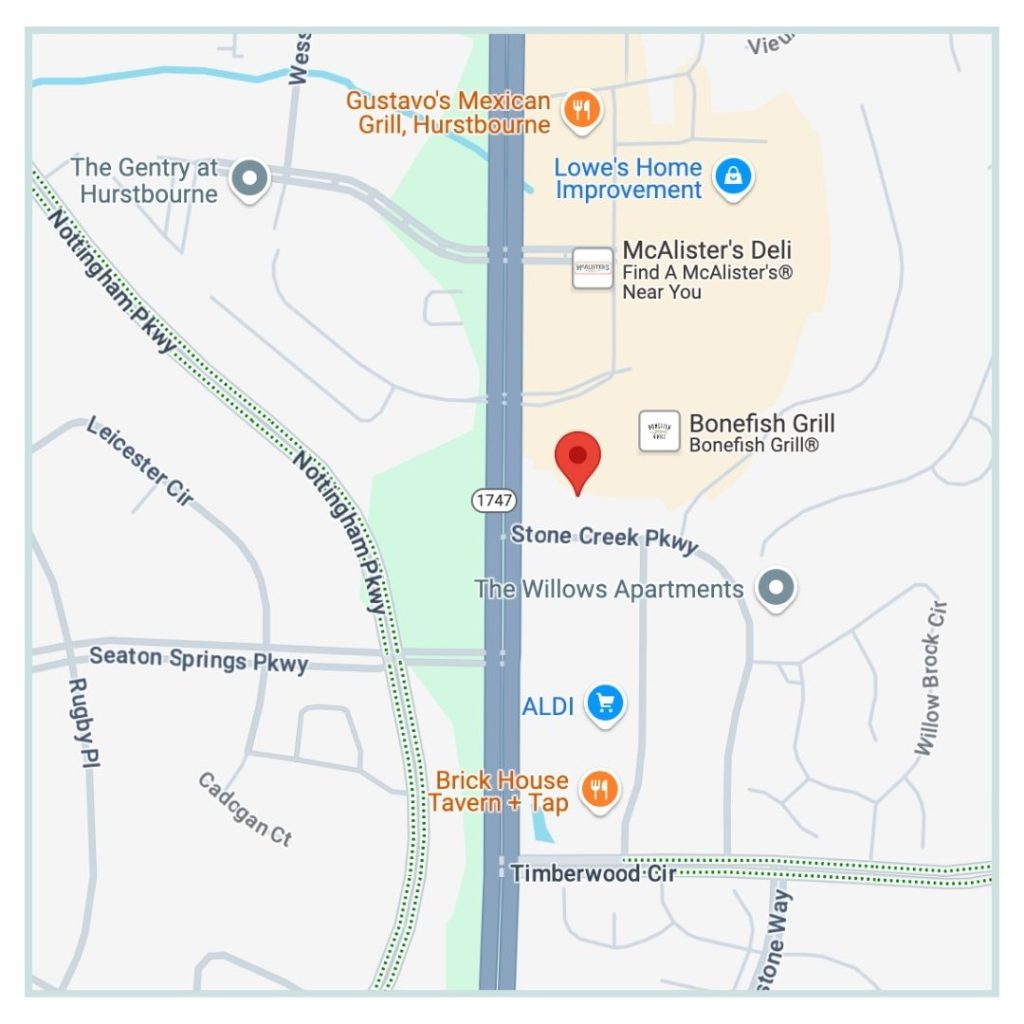When Kentuckians sign their wills, they assume that the probate court will give legal effect to the terms of the will as written. Occasionally, however; an heir of the deceased will feel cheated by the will’s specific bequests. In such cases, the heir’s only remedy is the commencement of a will contest.
Commencing the will contest
In Kentucky, the will contest must be filed within 2 years of the acceptance of the will by the probate court. The only persons who can challenge a will are those persons who are named in the will, potential beneficiaries who received no share of the decedent’s estate, and anyone not named in the will who has, but for the will, an interest in inheriting property as if a will did not exist.
Challenging the formal validity of the will
The easiest basis for challenging the will is the failure of the testator (the person making the will) to satisfy the formal requisites of a will: a personal signature on the will, and signatures from two witnesses who saw the testator sign the will. In most cases, challenges to a will for any of these reasons will fail.
Undue influence
Undue influence means that improper influence was exercised upon the decedent by one or more of the heirs named in the will. Proving undue influence means proving that the decedent had an unusually close relationship with one or more heirs who interfered with the testator’s ability to make decisions regarding the will.
If the evidence proves that a person interfered with the testator’s ability to make a free and unencumbered decision regarding the terms of the will, the will—or significant portion of it—will be declared invalid.
Fraud
If one or more heirs made misleading or false statement to the decedent before the will was signed, the will—or significant portions of it—may be declared invalid. Fraud is often proved by the testimony of persons who knew the decedent and who can testify to statements made to the decedent.
Sound legal advice
Anyone who feels that they were cheated out of a fair share of the decedent’s estate may wish to consult an experienced estate planning attorney for advice on the likelihood of successfully challenging the validity of the will.





